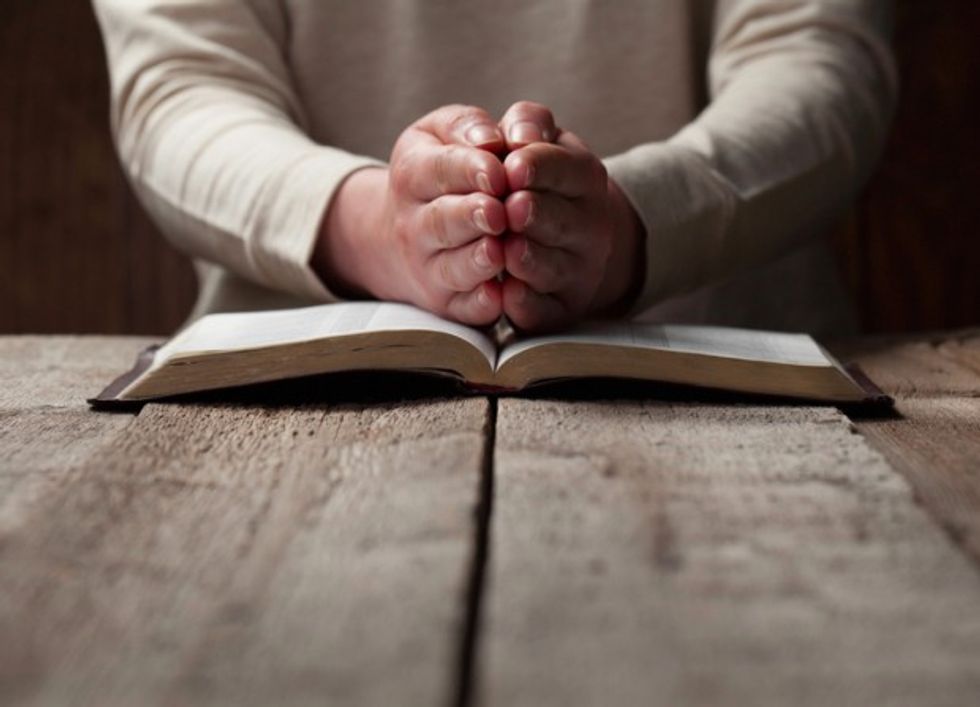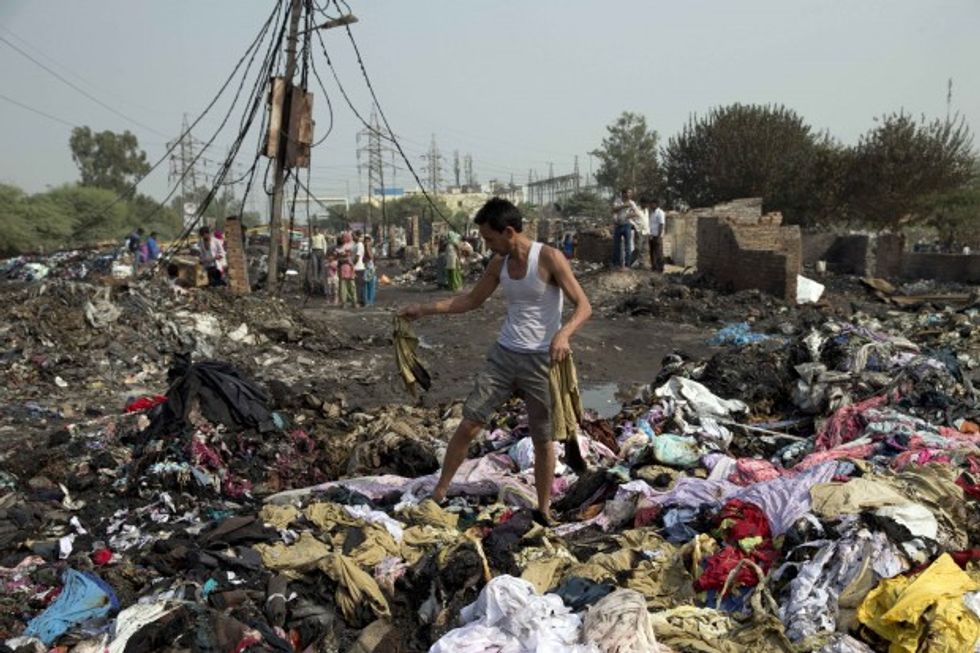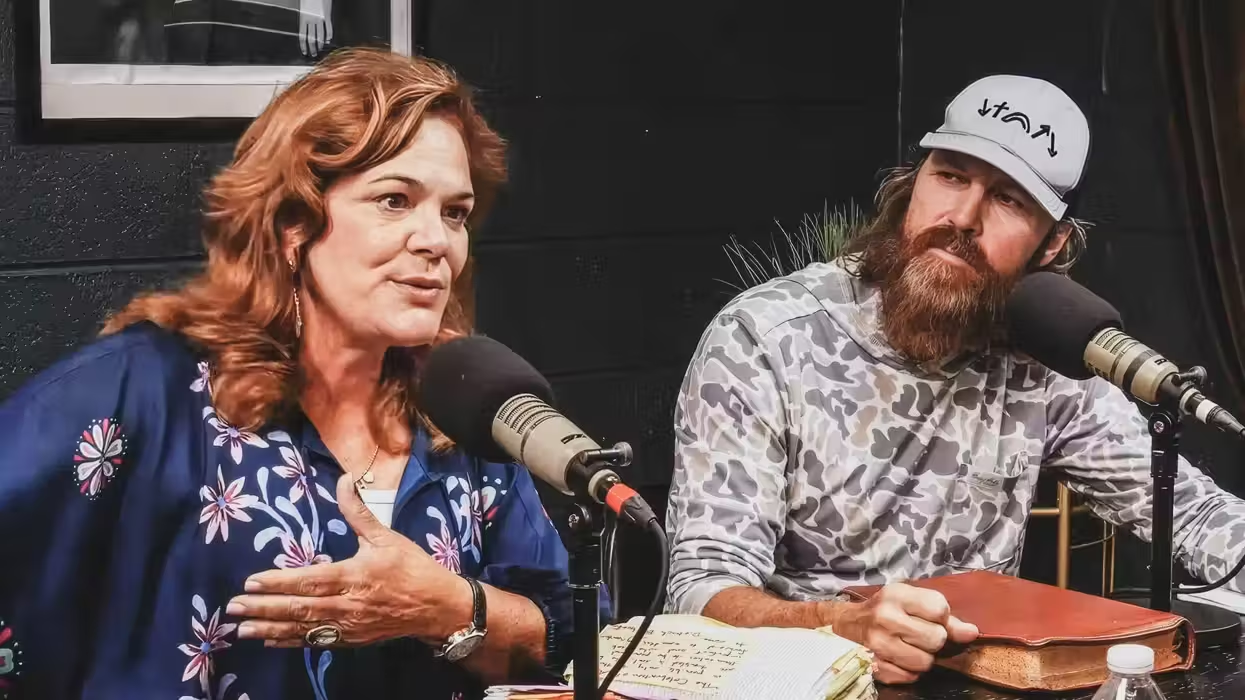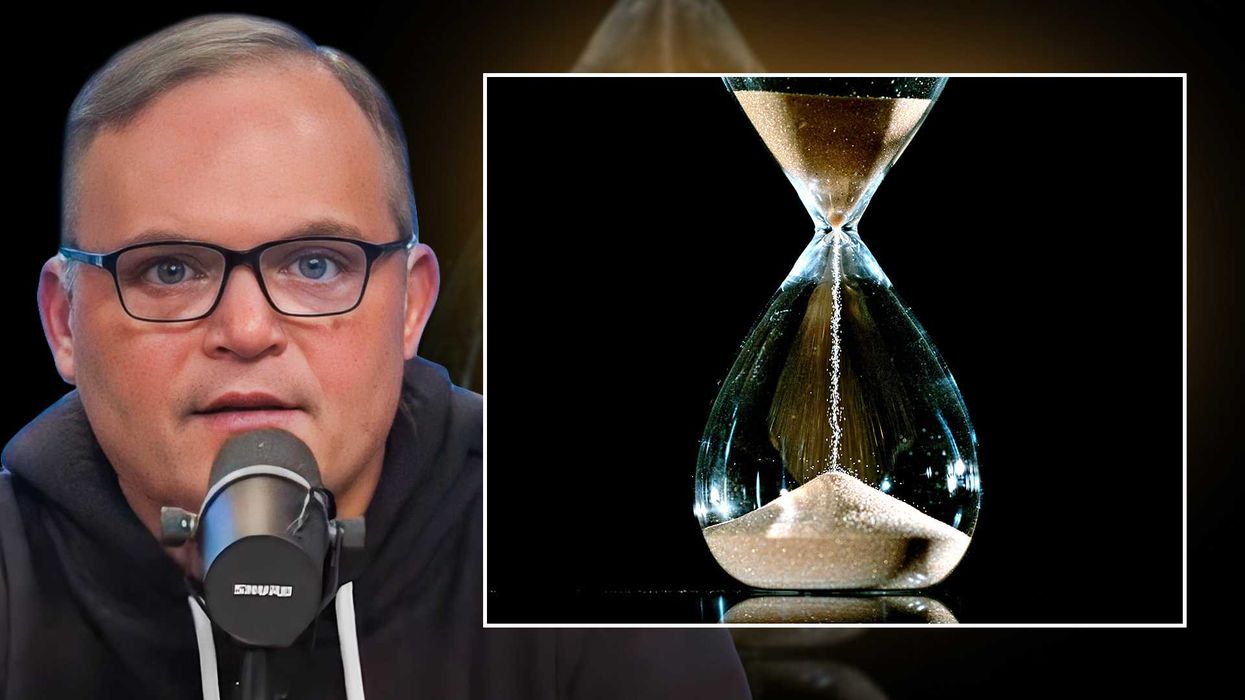We love to talk about the poor. We argue about inequality. We complain about welfare. We enthuse about charity. Every politician and pundit has a plan for addressing poverty.
We talk and talk about the poor. We just never get around to talking to the poor.
In his core sermon on the Mount, Jesus said “Blessed are the poor.” And as a follower of Jesus, it didn’t seem right to me that we should remain isolated from those Jesus said are desperately in need of “Good News.”
 Photo credit: Shutterstock
Photo credit: Shutterstock
So 15 years ago, I left my job with a successful software company and moved to an urban slum in Cambodia with my wife and two children. We lived several years in a tiny wooden shack with a tin roof, one window and a rat infestation that would make your mama shudder (well mine certainly did when she came to visit).
We pioneered a movement of the poor helping the poor – Christian youth walking alongside and mentoring vulnerable kids, “little brothers” and “little sisters,” in their own communities, called Alongsiders International.
Eventually my family were evicted along with our neighbors to make way for a new development. We moved to a new slum, only to be evicted three years later to make way for an upscale restaurant. I learned firsthand how the lives of the poor are constantly trampled underfoot in the pursuit of corporate profits.
We moved back to North America and into the closest place we could find to an Asian slum – Downtown Eastside, Vancouver - Canada’s poorest postal code and North America’s most concentrated area of drug activity.
There in the inner city, we began to welcome those struggling with homelessness, prostitution and drug addiction into our home and work together with them to see change. We took Jesus’ words at face value and attempted to live them out: “When you have a party,” Jesus said, “invite the poor.” So that’s what we did.
I only recount some of my history to point out that where you stand determines what you see. And these years of living alongside the poor, listening to their stories and welcoming them into our home have given me a different perspective on what it takes to bring change. I’ve come to realize that as a society we have gotten it all very wrong.
Imagine a slave-owner who ensures his slaves are well fed and treated humanely, but does not work to help set those slaves free. That slave owner is like someone focussing solely on charity and ignoring social justice. Charity without social justice is like slapping a Band-Aid on cancer – it might feel better for a while but it fundamentally fails to address the underlying issue. We need to treat not only the immediate symptoms of poverty, but also address the broader systemic causes.
[sharequote align="center"]Charity without social justice is like slapping a Band-Aid on cancer[/sharequote]
For example, in our slum community, the neighbors had all seen the flashy TV ads by corporations selling milk powder. There were no government regulations at that time limiting what could be claimed in these ads, so corporations made outlandish and false claims in their pursuit of profits. Our neighbors came to believe that their children would be smarter, fatter, and healthier with milk powder instead of breast milk.
The only problem was that in our community, like slums all across the world, we didn’t have easy access to clean drinking water. Most of the young mothers would mix up a bottle of expensive milk powder using dirty water and their babies would soon be miserable with diarrhea. Sadly, many of these babies would soon die of dehydration, malnutrition and other complications. I was leading a medical charity at the time, and this was a major cause of concern.
When my wife became pregnant with our second child, we realized we had a great opportunity to demonstrate the importance of breastfeeding. My wife made it clear to the neighbors that she would be exclusively breastfeeding our newborn girl for the first six months.
 An Indian man looks for reusable clothes among burned material after a fire broke out at the Mangolpuri slum area in New Delhi, India, Monday, Oct. 19, 2015. According to local reports around 400 homes were destroyed in the fire that broke out early morning Monday. (AP Photo /Tsering Topgyal)
An Indian man looks for reusable clothes among burned material after a fire broke out at the Mangolpuri slum area in New Delhi, India, Monday, Oct. 19, 2015. According to local reports around 400 homes were destroyed in the fire that broke out early morning Monday. (AP Photo /Tsering Topgyal)
The weeks passed, and before the neighbors’ watchful eyes, our daughter grew into a huge, healthy butterball of a baby – drinking nothing but breast milk. From that point onwards the use of milk powder in our slum decreased dramatically.
But what of other slums and impoverished mothers throughout the nation? Our grassroots work could only reach so many, which is the fundamental challenge of most charitable initiatives.
We realized that we needed change on a national level. So, as part of a coalition of health NGO’s, my colleagues lobbied the government to reign in corporate advertising of milk powder. Later that year, a law was passed limiting milk powder promotion and as a result, literally thousands of newborn lives have been saved.
Charity alleviates the effects of poverty – treating diarrhea in milk-powder-fed babies for example. While justice seeks to eliminate the causes of that sickness – in this case misleading corporate advertising and a lack of access to clean water for all.
But at its worst, charity becomes a substitute for justice, when it should merely be a stop-gap measure. Across America, temporary homeless shelters have become a substitute for a housing sector that includes affordable housing for the poor. Food banks and soup kitchens have become a substitute for a liveable minimum wage that allows people to purchase nutritious food with their own earnings. After-school tutoring has become a substitute for an education system that works for everyone. And free clinics have become a substitute for affordable nationwide healthcare that the poor and unemployed can access when necessary.
The optimism of many towards charity as a replacement for government intervention is severely misguided. We need both. But a society that has more justice is a society that needs less charity.
Rather than applying yet another Band-Aid, let’s address the underlying cancer, which is widespread injustice and inequality. Moses didn’t ask Pharoah for more food and medicines for the slaves, he insisted on complete freedom. But Pharoah had his Egyptian advisors and “wise men”, whispering in his ear…
There are more than 10,000 corporate lobbyists in Washington, D.C. They spend up to $3 billion a year to influence government policy for the sole benefit of our richest corporations and their shareholders. And they succeed, beyond what we could even imagine.
The New York Times reported that when the U.S. government seriously considered more regulation of Wall Street, hundreds more lobbyists, executives and bankers descended to fiercely oppose any new legislation that might undermine their record profits.
Every single U.S. presidential candidate, with the notable exceptions of Bernie Sanders and Donald Trump, receives millions of dollars in funding from corporations and billionaires who expect a healthy return on their investment. Is it any wonder that the needs of the most vulnerable members of society are overlooked? How can they compete?
So, who is lobbying for the needs of our most vulnerable citizens? Who speaks out when those with corporate backing ridicule the needs of our poorest children for basic health care and education? Privileged pundits who are already financially comfortable suggest that meeting basic needs for the poor is merely demanding, “easy answers and free stuff”.
“Speak up,” the Bible says, not for the needs and interests of corporations and the wealthy. Instead, “Speak up and defend the rights of the poor and needy.” Clearly, the Bible is much more concerned with Prophets than Profits.
So, ask yourself this. Who is speaking for justice? Who is speaking for those at the bottom of the heap? Martin Luther King Jr. understood the contrast between charity and justice, “True compassion,” he said, “is more than flinging a coin to a beggar. It comes to see that an edifice which produces beggars needs restructuring.”
I invite you to visit the slum where my family still live and work. But when you do, I hope for more than a few coins from your pocket for my poor neighbors. Keep your spare change.
We want real change.
–
TheBlaze contributor channel supports an open discourse on a range of views. The opinions expressed in this channel are solely those of each individual author.

 Photo credit: Shutterstock
Photo credit: Shutterstock
 An Indian man looks for reusable clothes among burned material after a fire broke out at the Mangolpuri slum area in New Delhi, India, Monday, Oct. 19, 2015. According to local reports around 400 homes were destroyed in the fire that broke out early morning Monday. (AP Photo /Tsering Topgyal)
An Indian man looks for reusable clothes among burned material after a fire broke out at the Mangolpuri slum area in New Delhi, India, Monday, Oct. 19, 2015. According to local reports around 400 homes were destroyed in the fire that broke out early morning Monday. (AP Photo /Tsering Topgyal)






